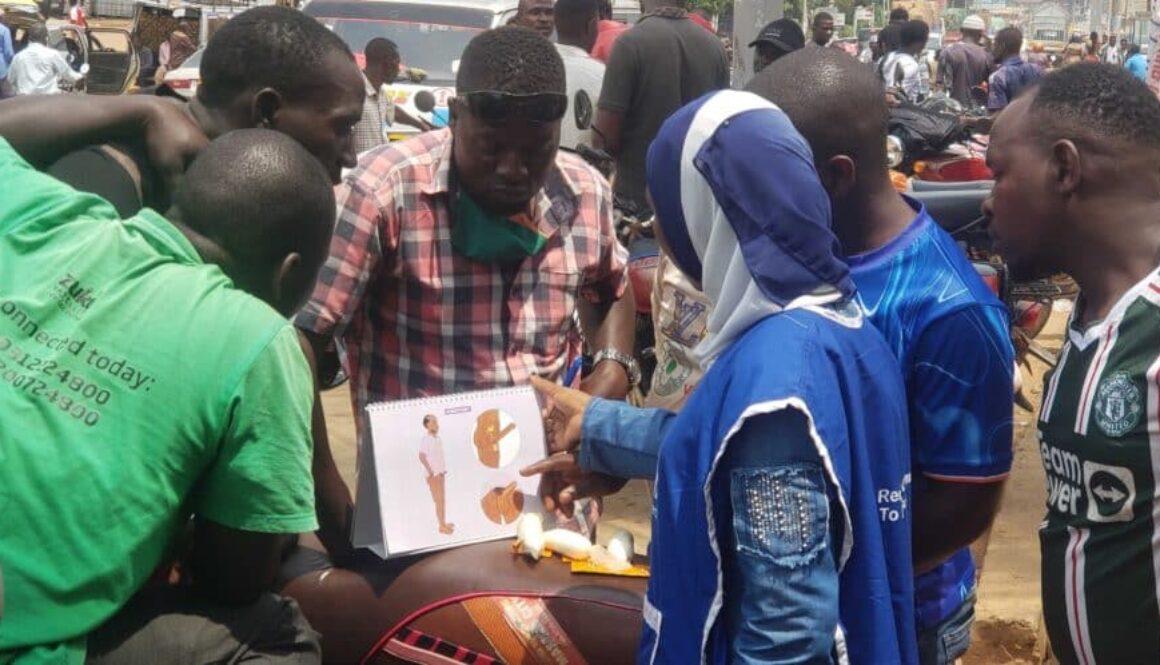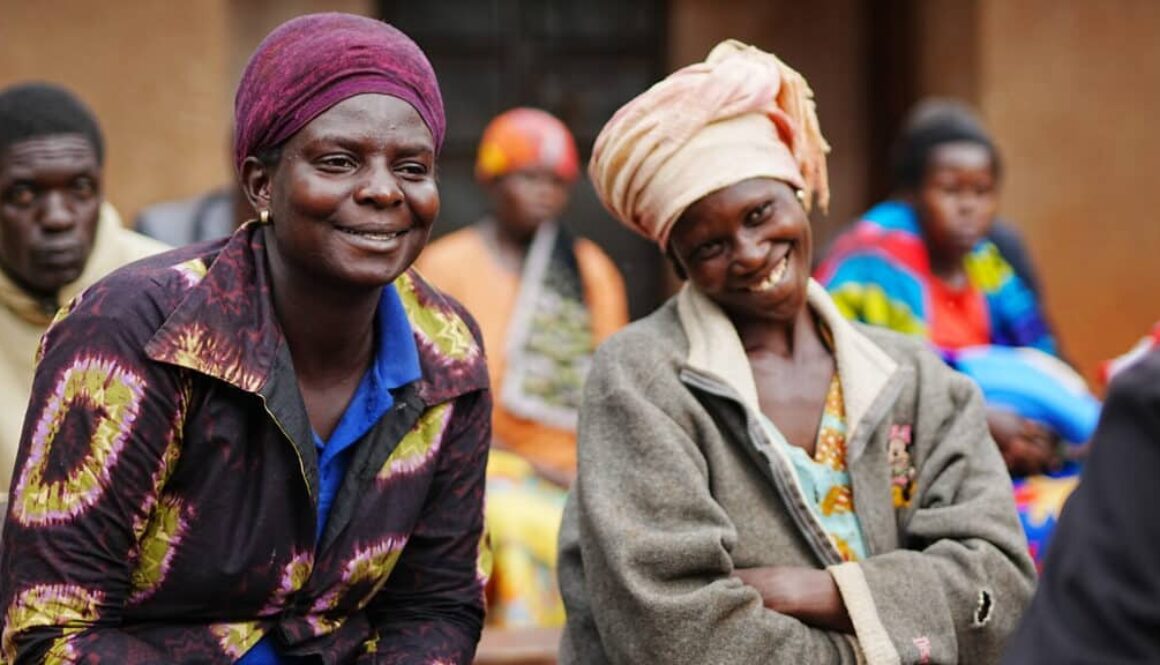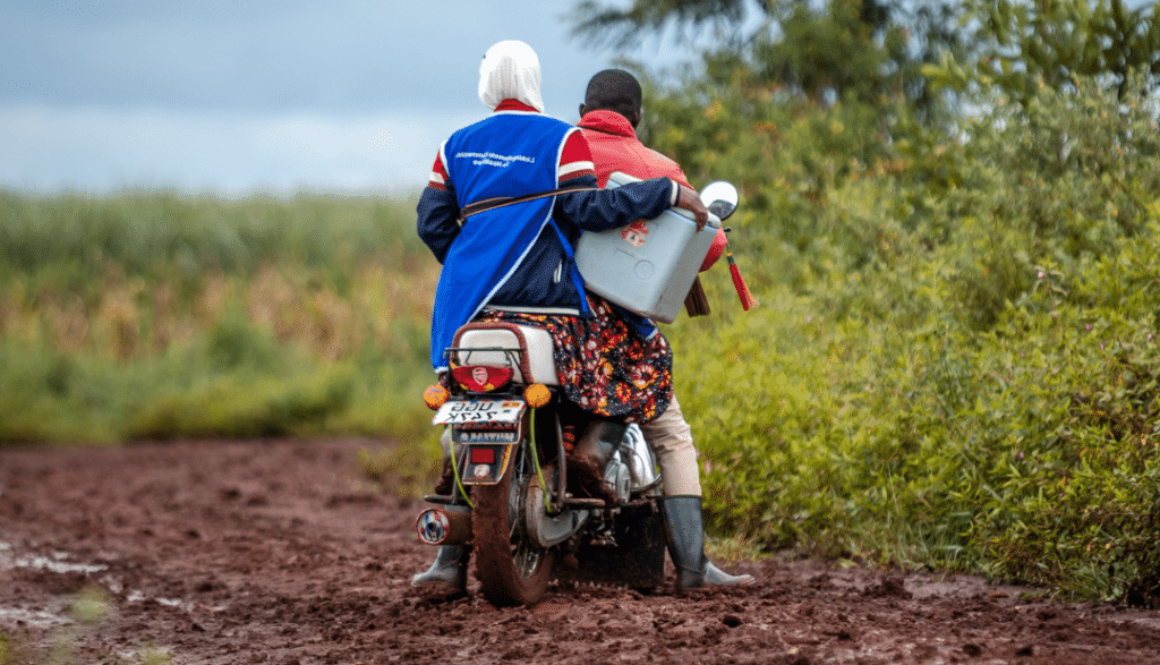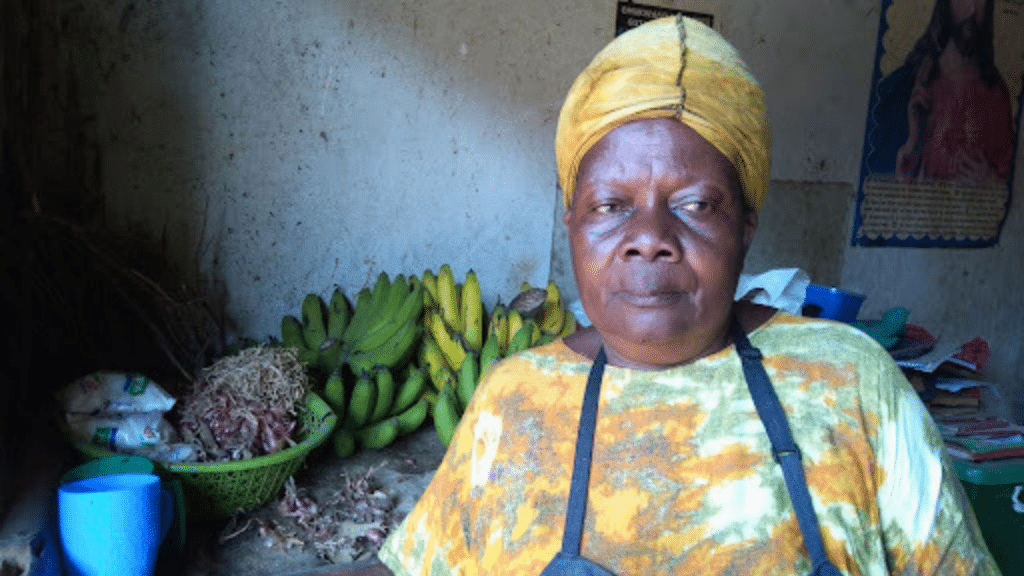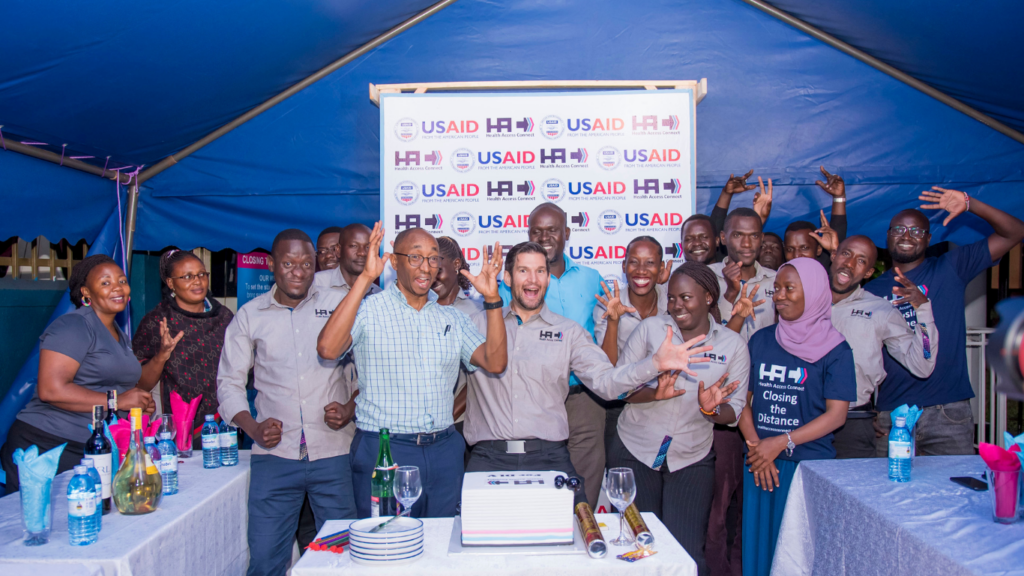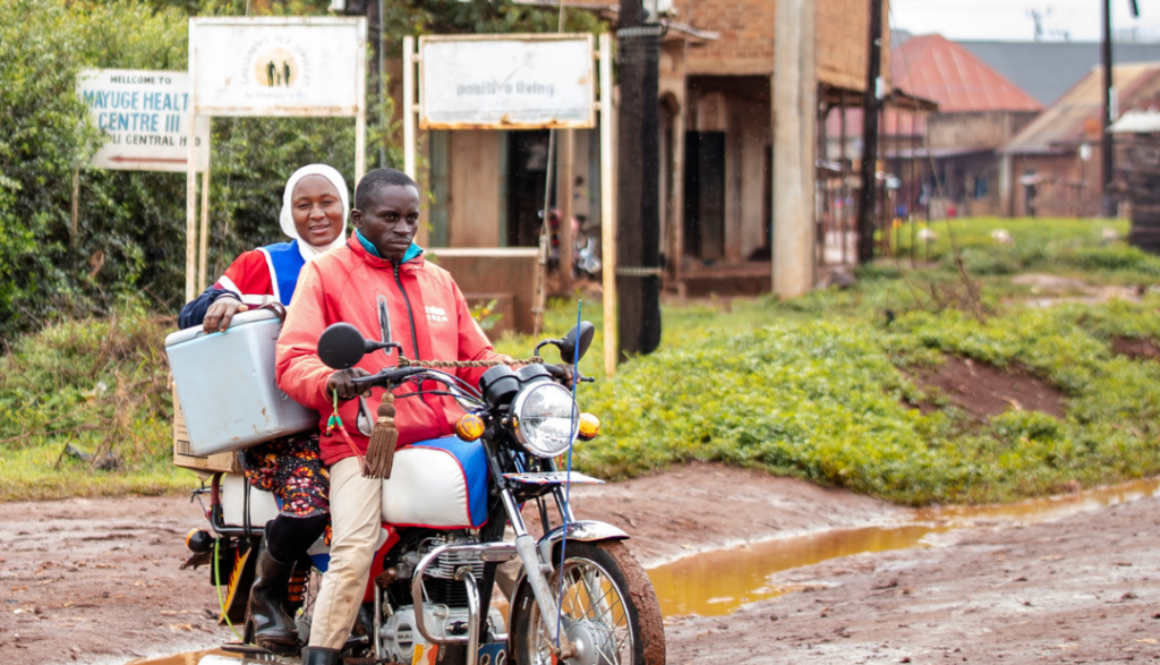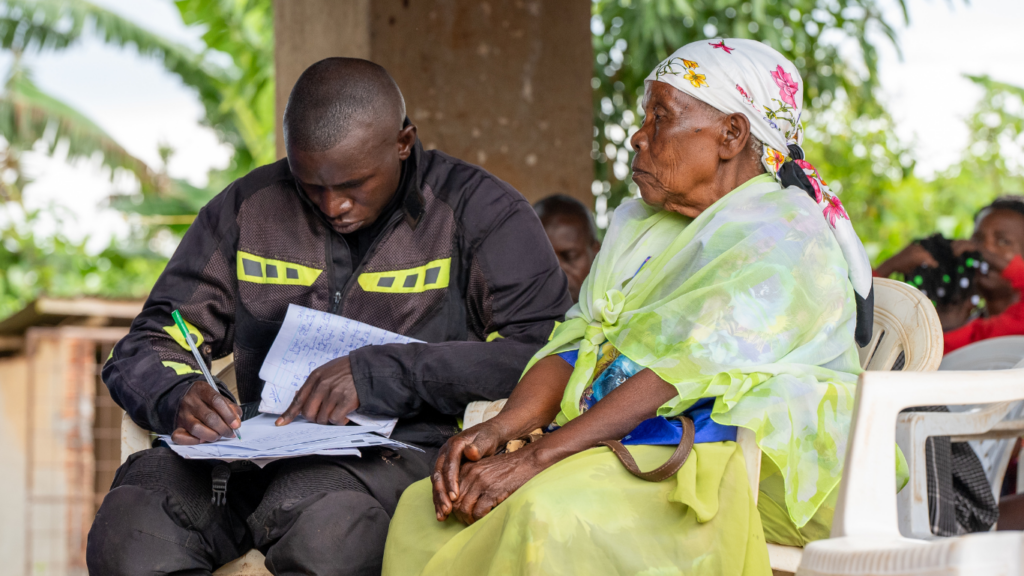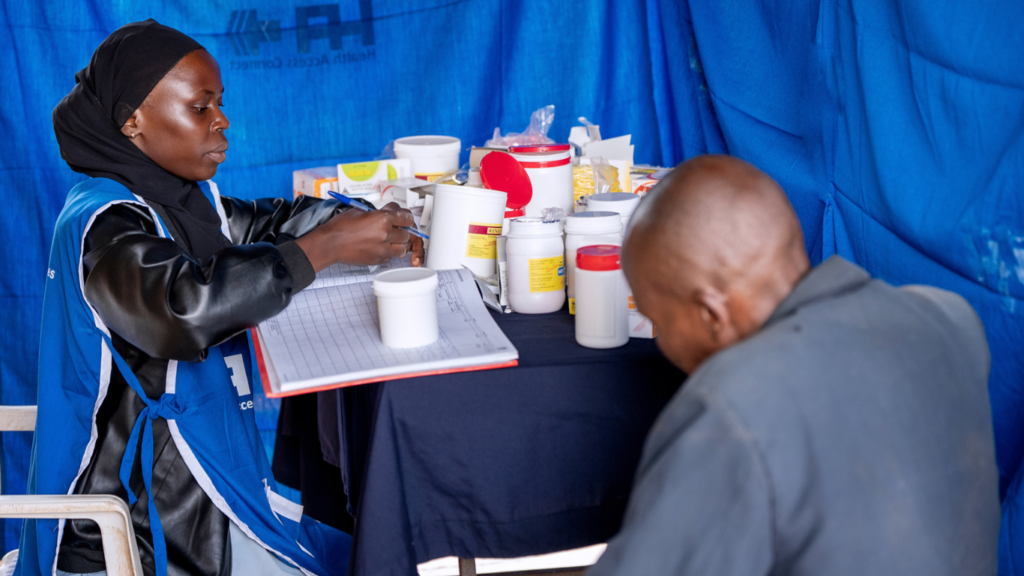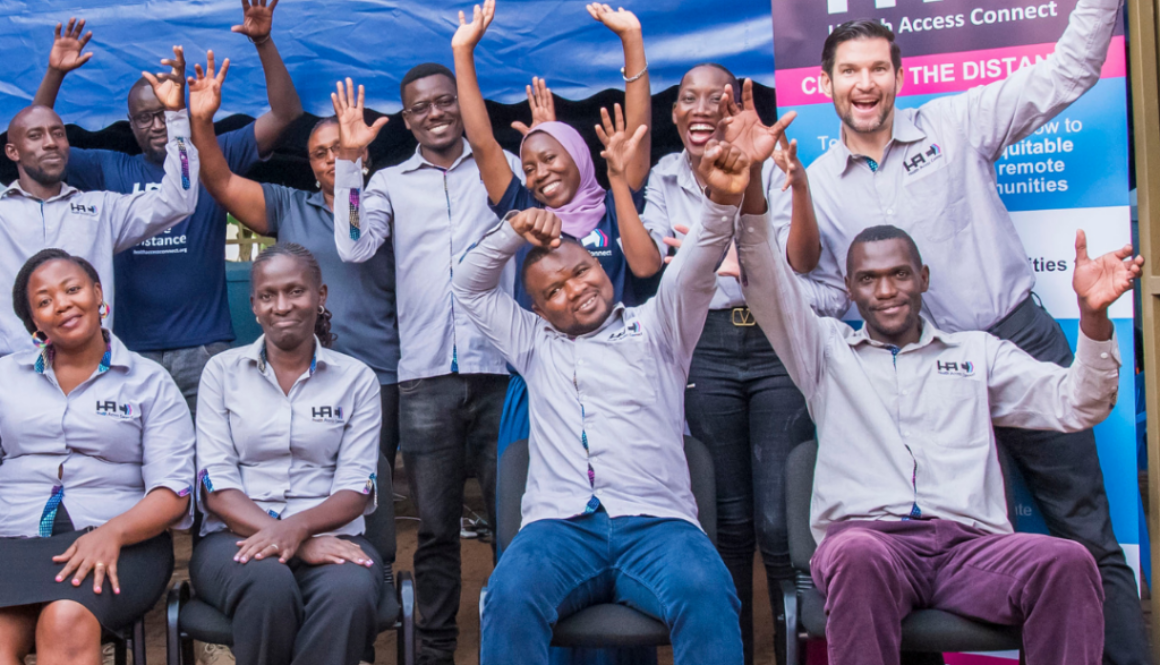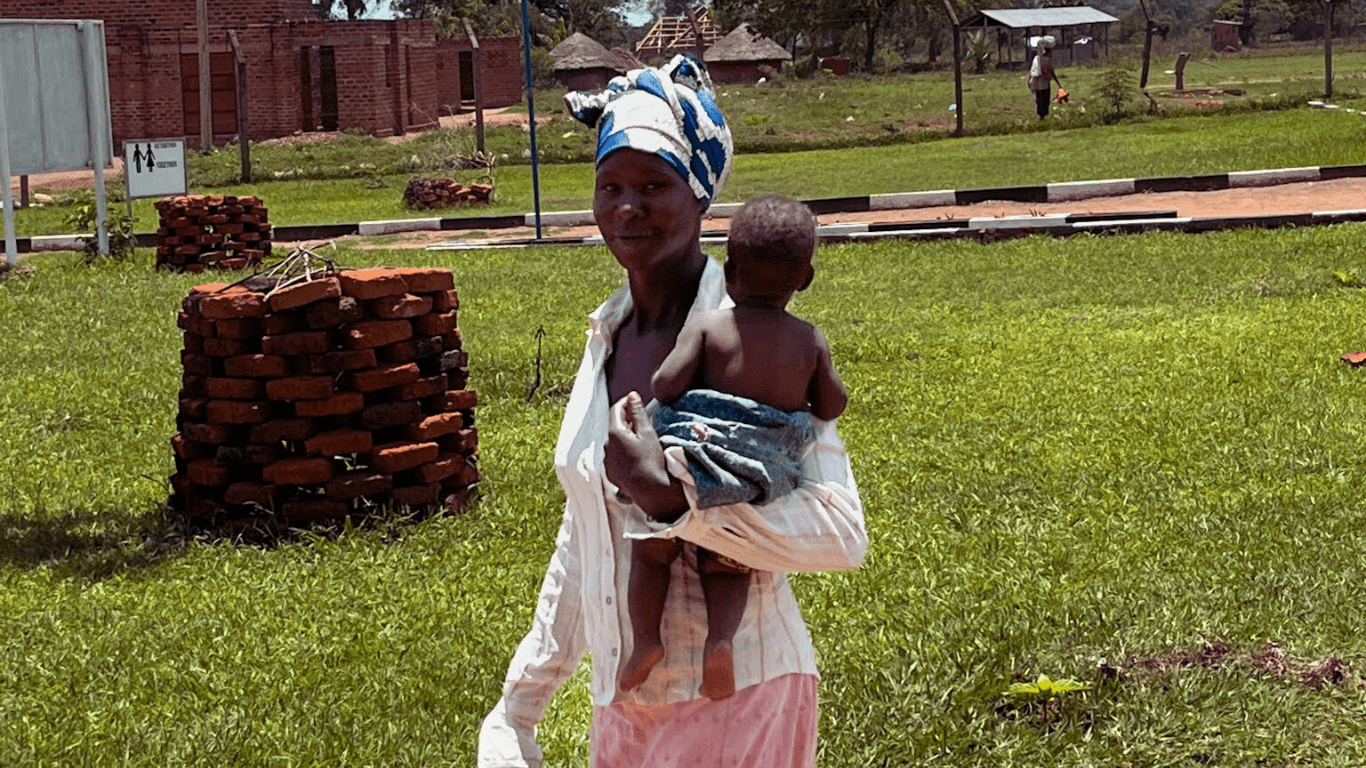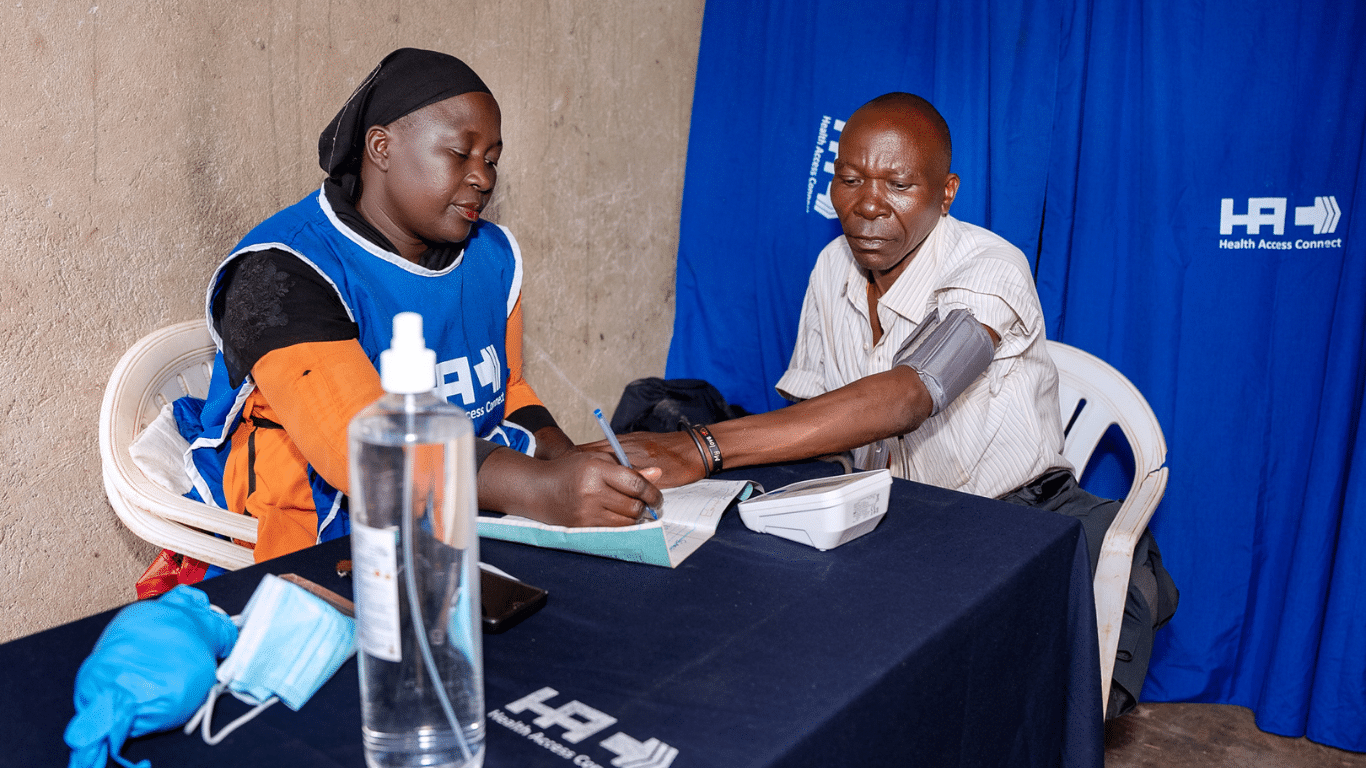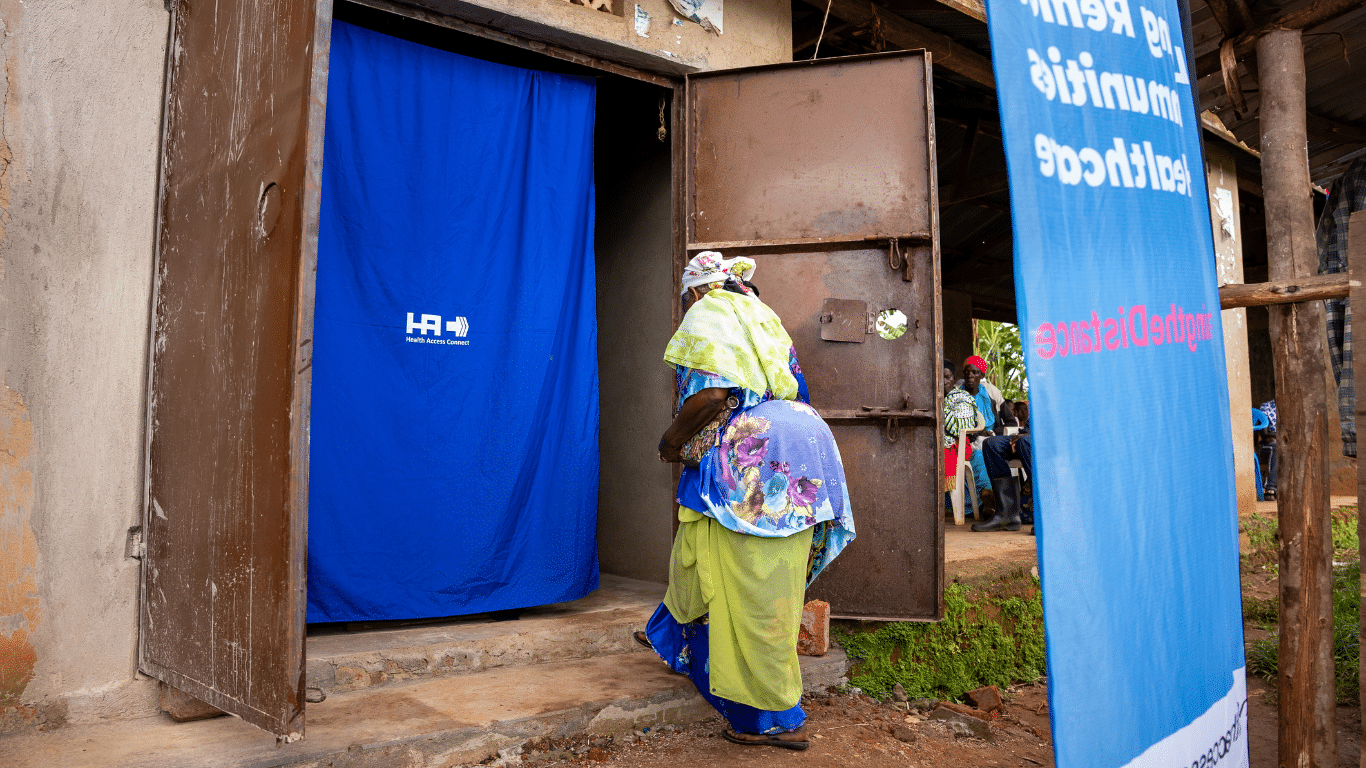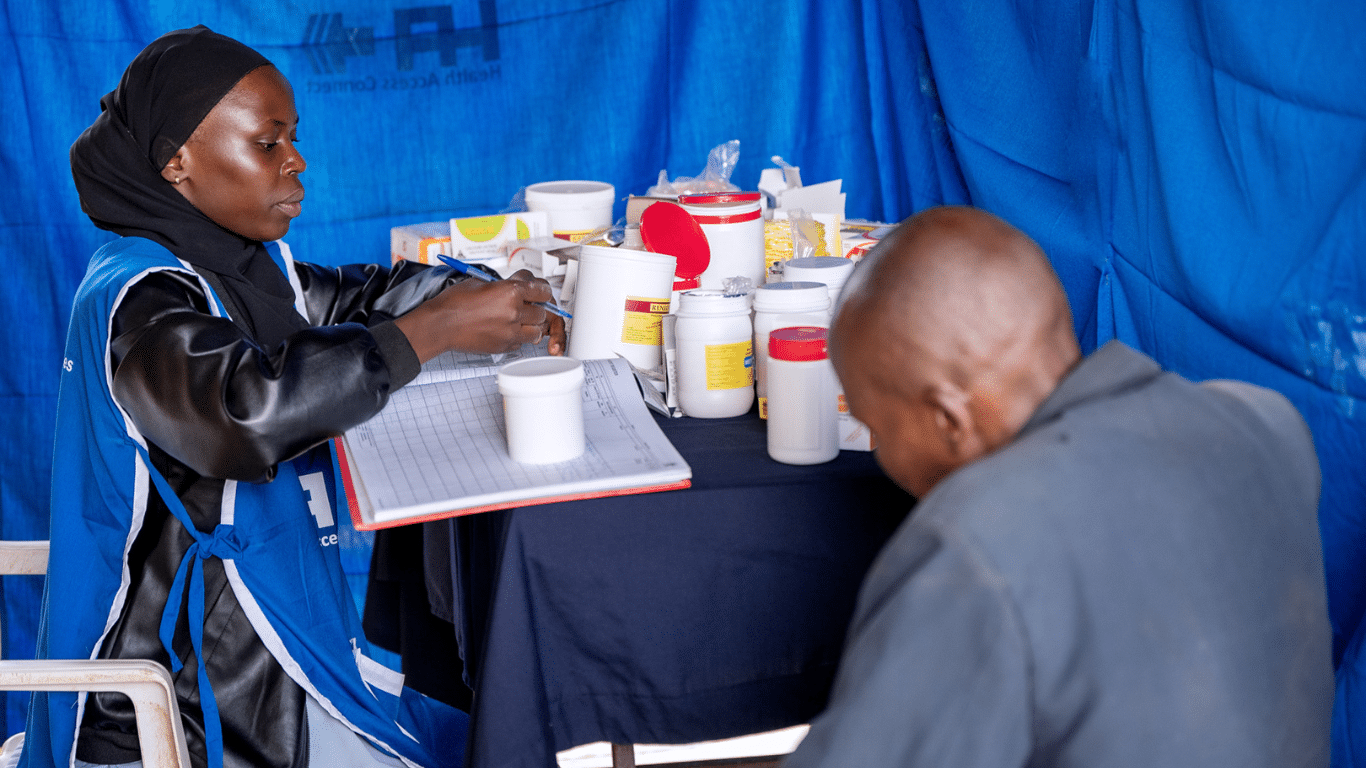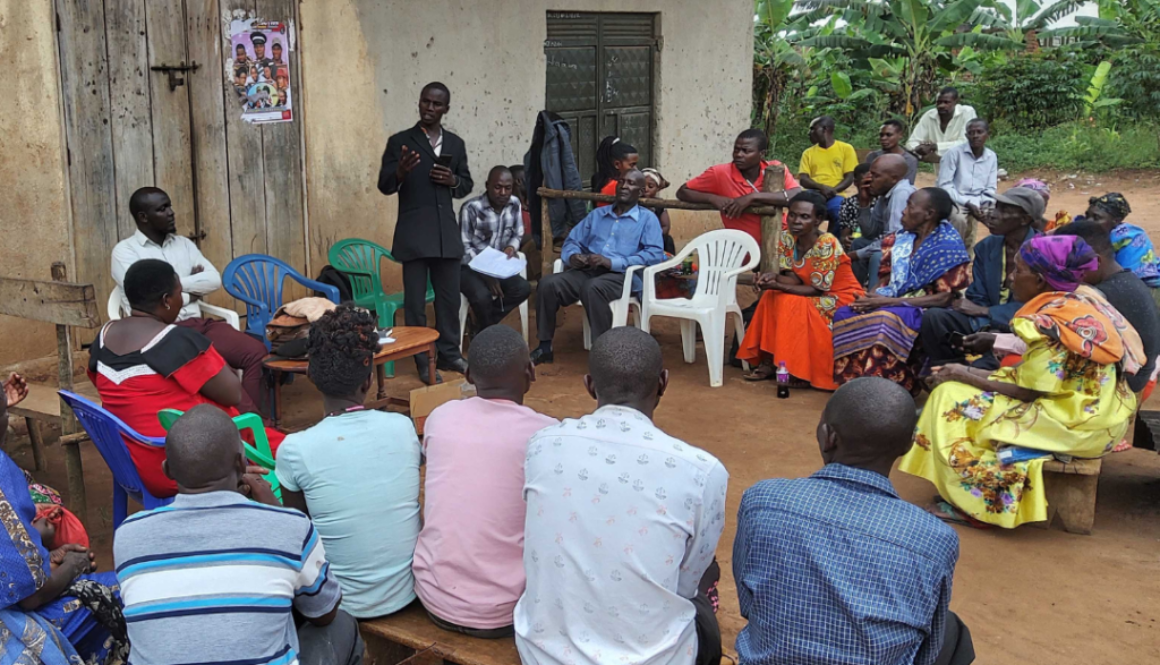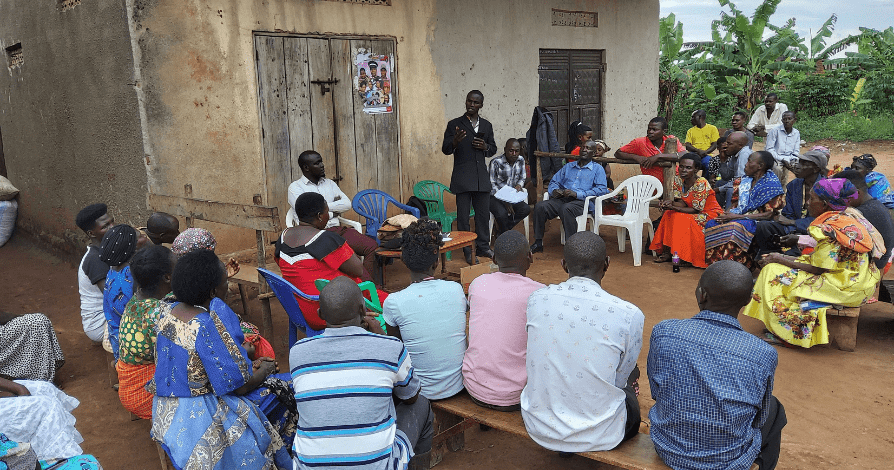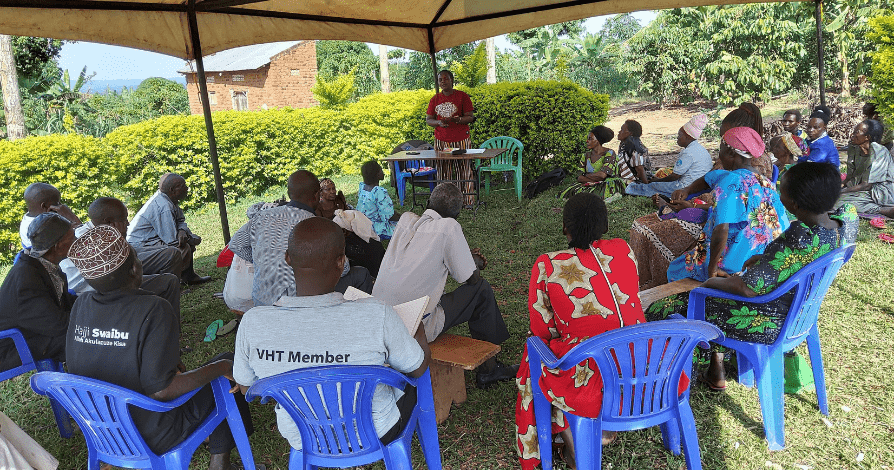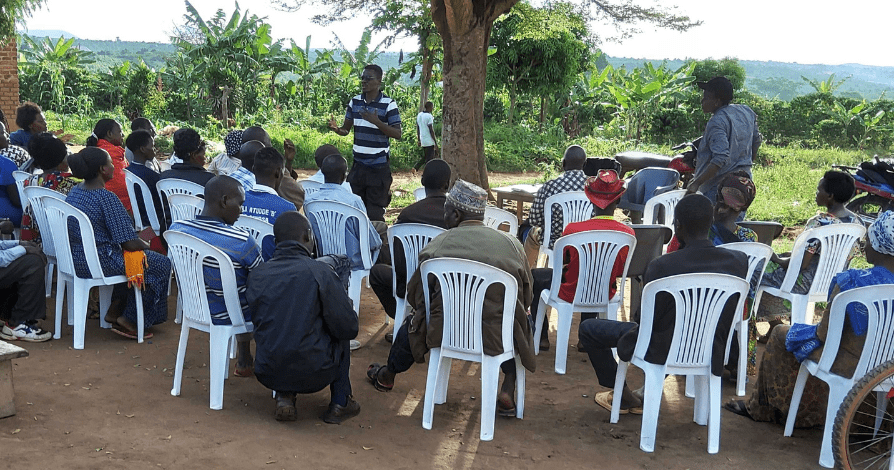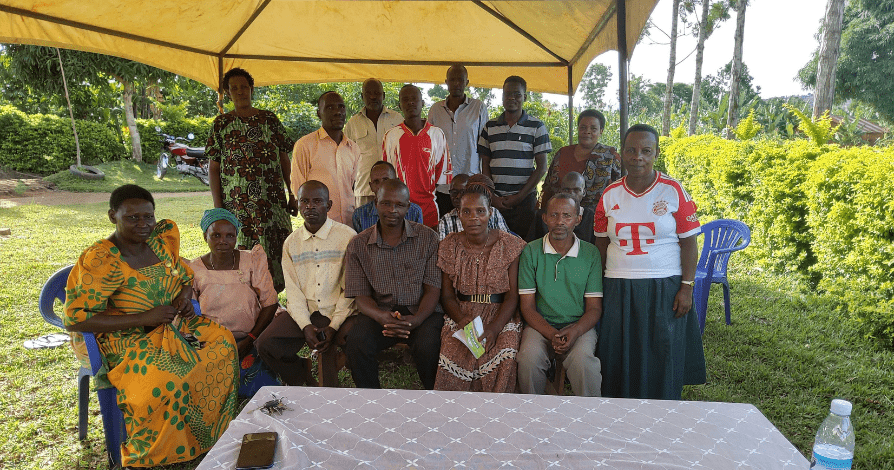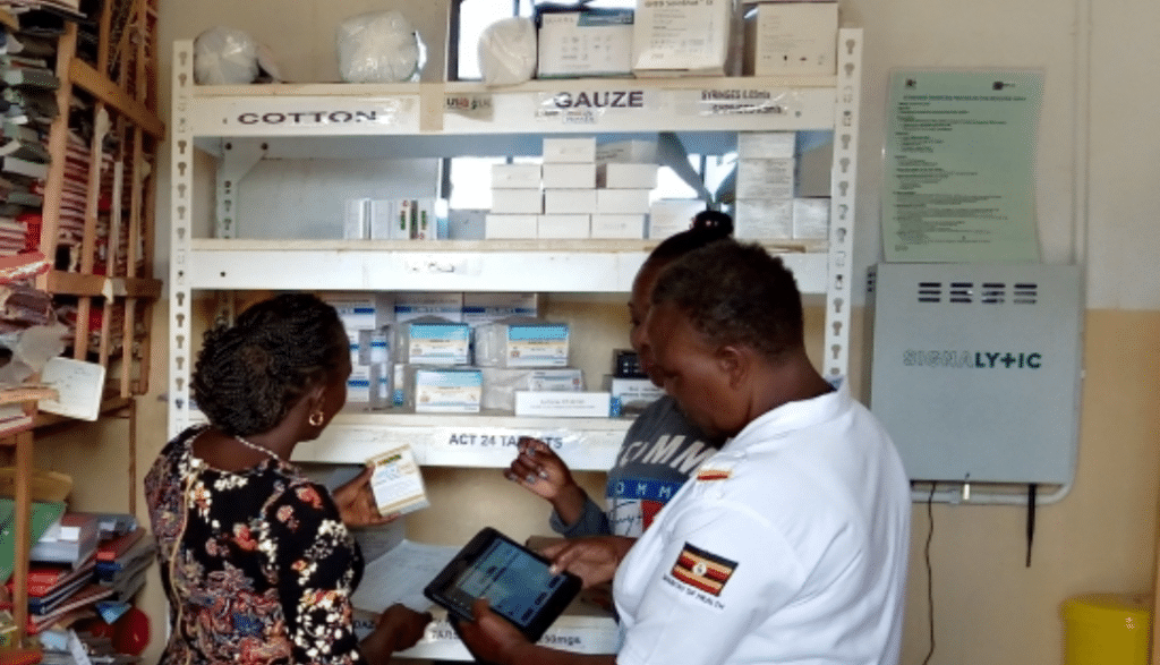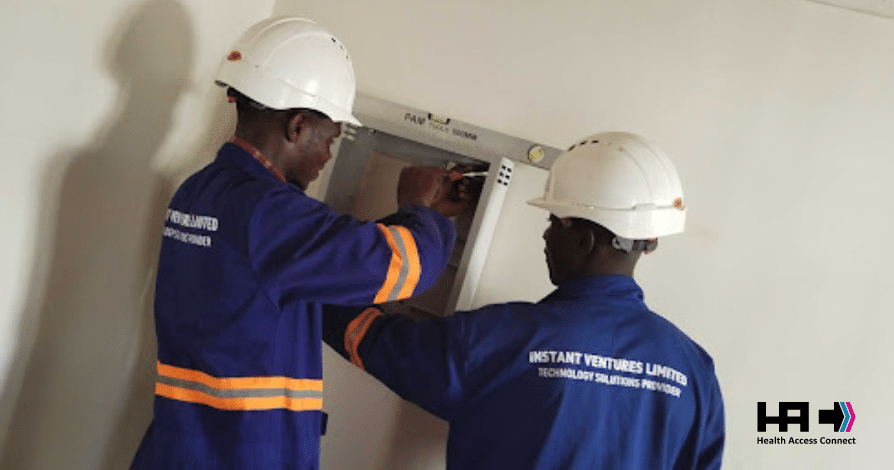How Health Access Connect is Making Family Planning More Accessible
In remote Ugandan communities, access to family planning services has long been obstructed by myths, stigma, and logistical hurdles, but Health Access Connect (HAC) is changing that narrative. Through innovative outreach models like male dialogues, youth sessions, and workplace engagements, HAC is bringing reproductive healthcare directly to those often left behind. This bold, community-centred approach is increasing uptake of services like Long-Acting Reversible Contraceptives LARCs and vasectomies and reshaping attitudes, especially among men, toward shared responsibility in family planning.
A New Way Forward
Recognising the need for a new approach, HAC intensified its community engagement through various strategic initiatives. These activities facilitated meaningful dialogue and empowered individuals with essential knowledge and resources related to sexual and reproductive health (SRH).
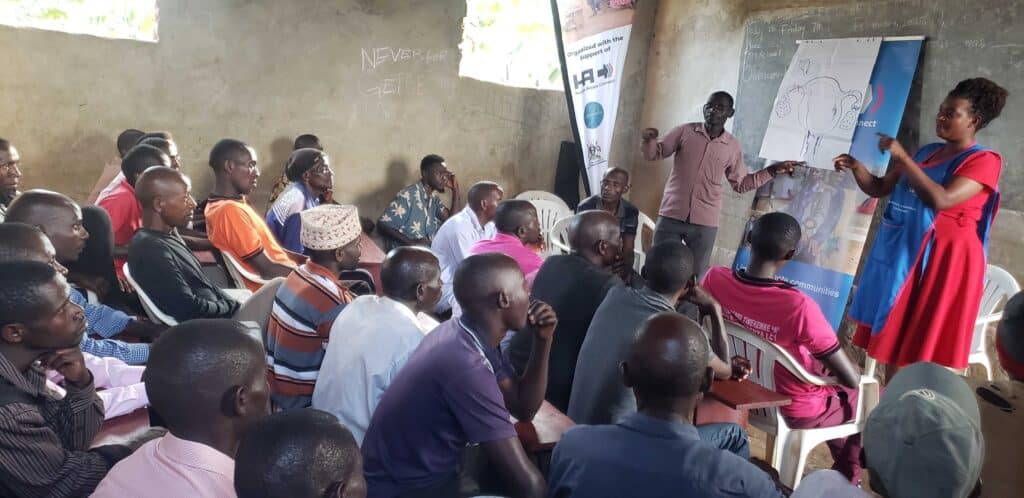
Male Dialogues, the introduction of male dialogues proved crucial in addressing often overlooked perspectives. By engaging men in conversations about SRH, the initiative fostered an environment where issues such as STI management and HIV prevention could be openly discussed. This led to increased awareness and responsibility among men regarding their health and the health of their partners.
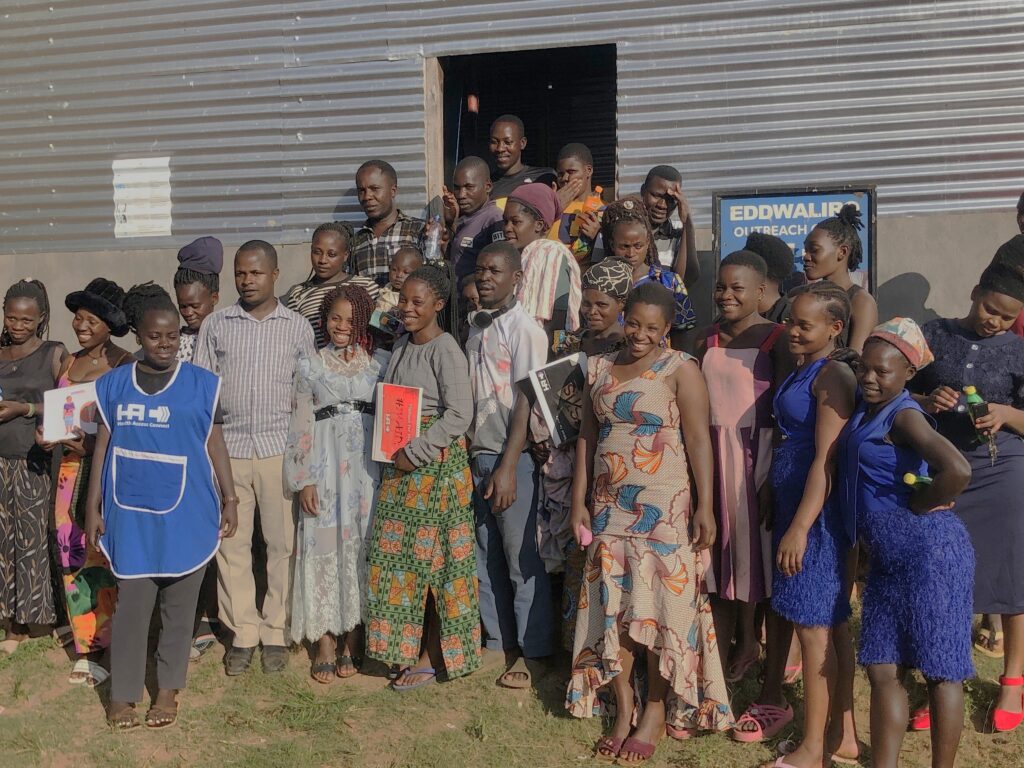
Youth-focused discussions have created a safe space for young people to share their thoughts and concerns. These sessions addressed common misconceptions and provided accurate information about contraceptive options, ultimately helping youths make informed decisions about their sexual health.
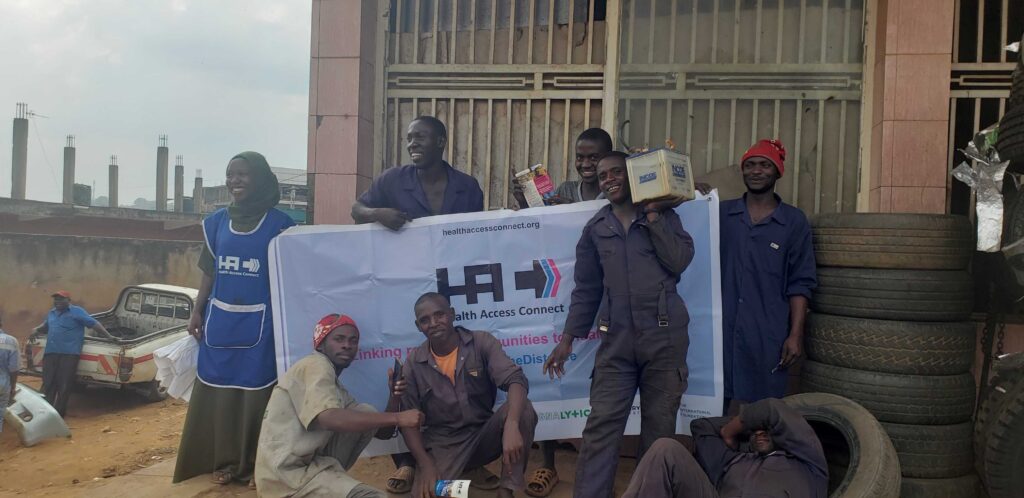
Talk to men at work, the outreaches in workplaces, particularly in garages and fishing hubs, cater for busy men who might otherwise lack access to SRH services. By bringing resources directly to these locations, the initiative ensured that vital information reached individuals who may not seek it out due to time constraints or stigma.
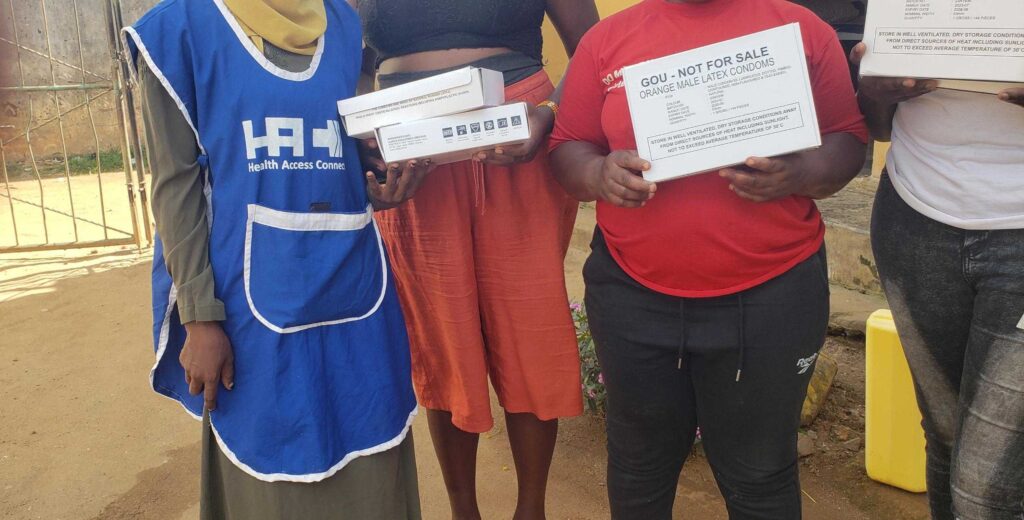
Lastly, targeting sex workers in high-traffic areas was instrumental in providing vital SRH services where they were most needed. These outreach efforts included offering STI testing and prevention resources, empathising with the unique challenges faced by this community, and replacing misinformation with empowerment.
Through these diverse community activities, HAC addresses immediate health concerns and fosters a culture of acceptance and awareness around sexual and reproductive health, paving the way for informed communities ready to take charge of their health.
Impact That Speaks Volumes
- More couples are consenting to family planning and embracing long-acting reversible contraceptives (LARCs).
- Men are actively participating in reproductive health discussions, leading to better-informed decisions.
- An increasing number of Bilateral Tubal Ligations (BTLs) now have male consent, indicating a shift in attitudes.
- Workplace engagement has removed barriers for busy men, allowing them to access essential family planning services without disrupting their livelihoods.
- Men are increasingly considering and consenting to vasectomies, although uptake is still in its early stages, showing a slow but promising change in perceptions toward male-led contraceptive choices.
Sustaining the Momentum
In conclusion, community-driven advocacy is at the forefront of transforming reproductive healthcare. We must maintain our commitment to collaboration among donors, health professionals, and local leaders to ensure equitable access for everyone.
Together, we can continue to break down barriers, empower our communities, and foster lasting change that will improve lives. Let’s unite in this vital mission, your support can make all the difference.
